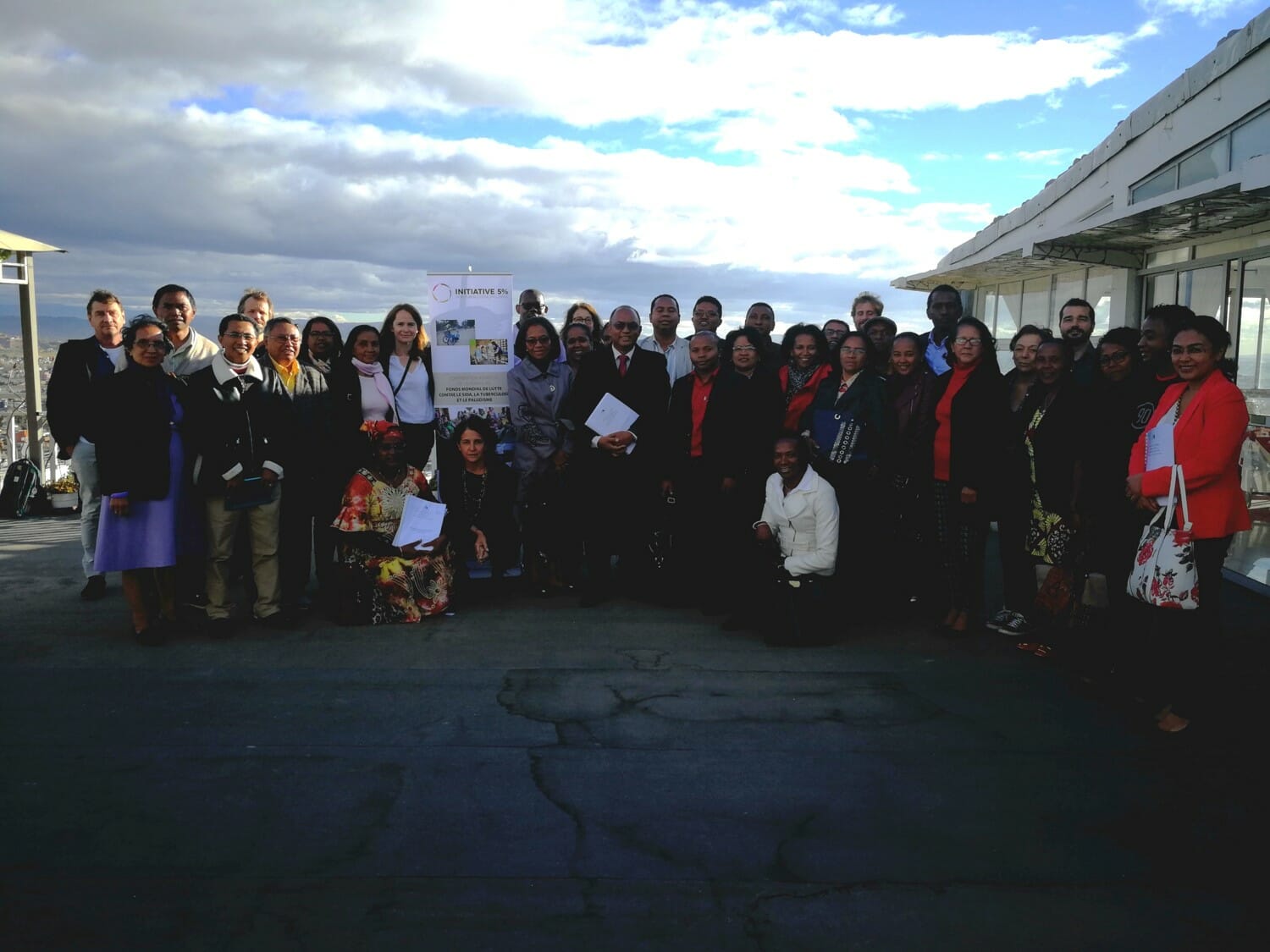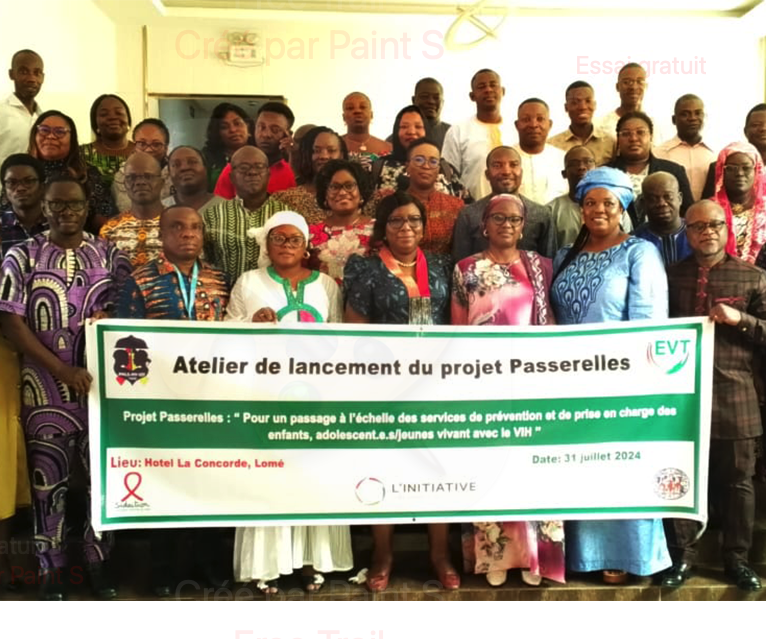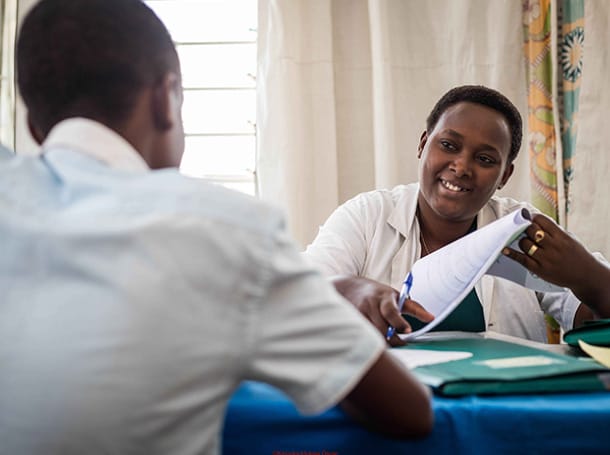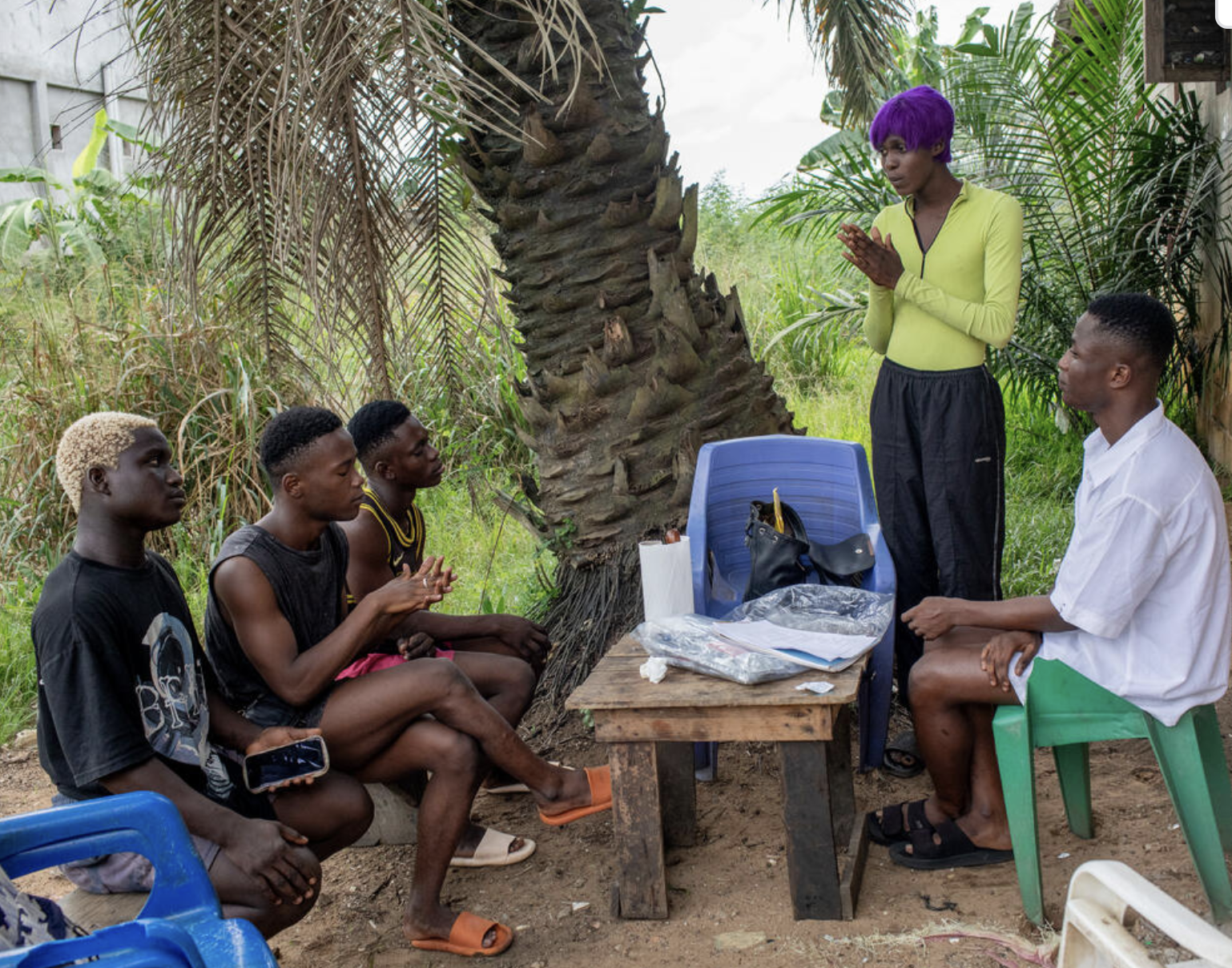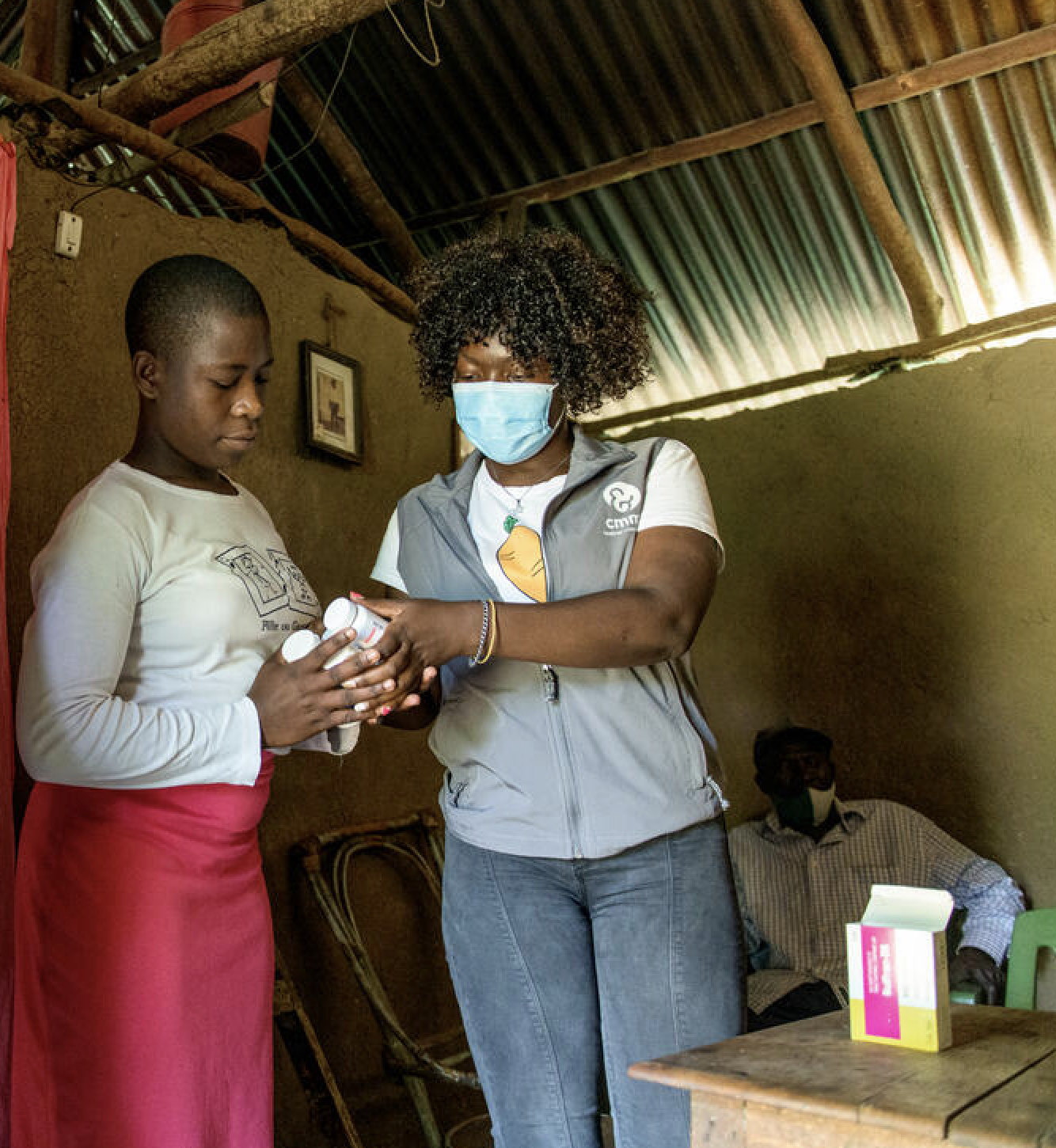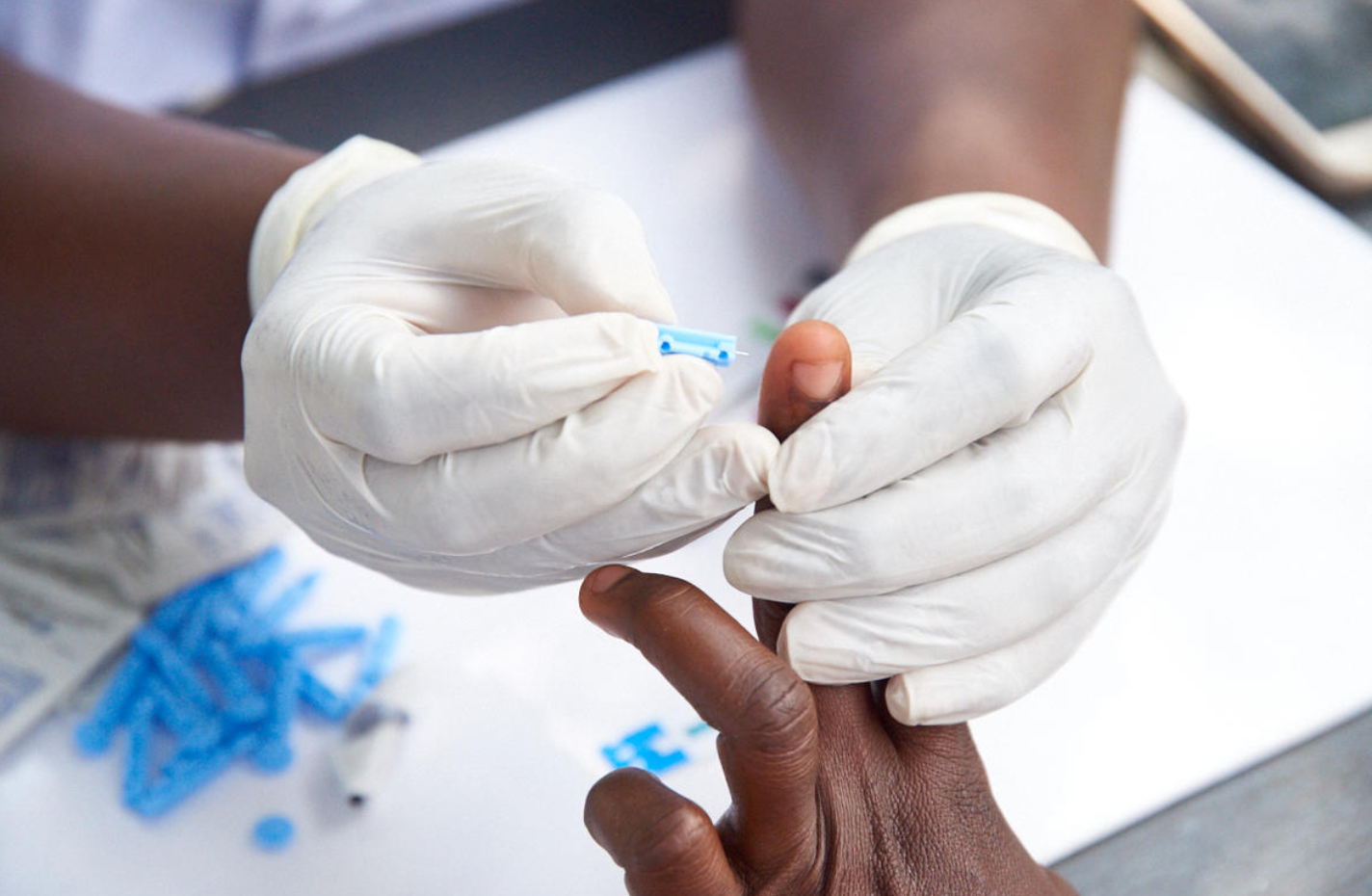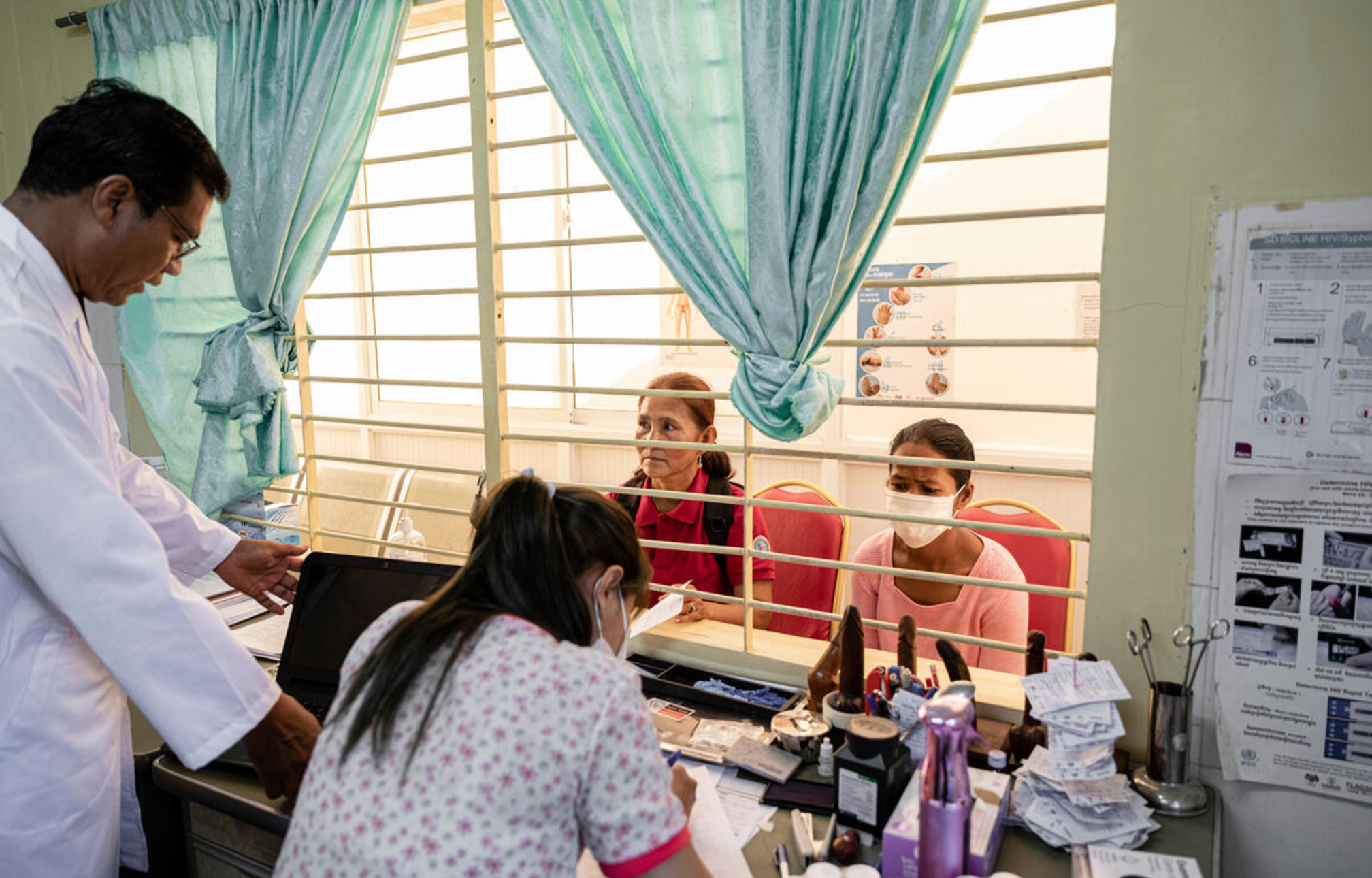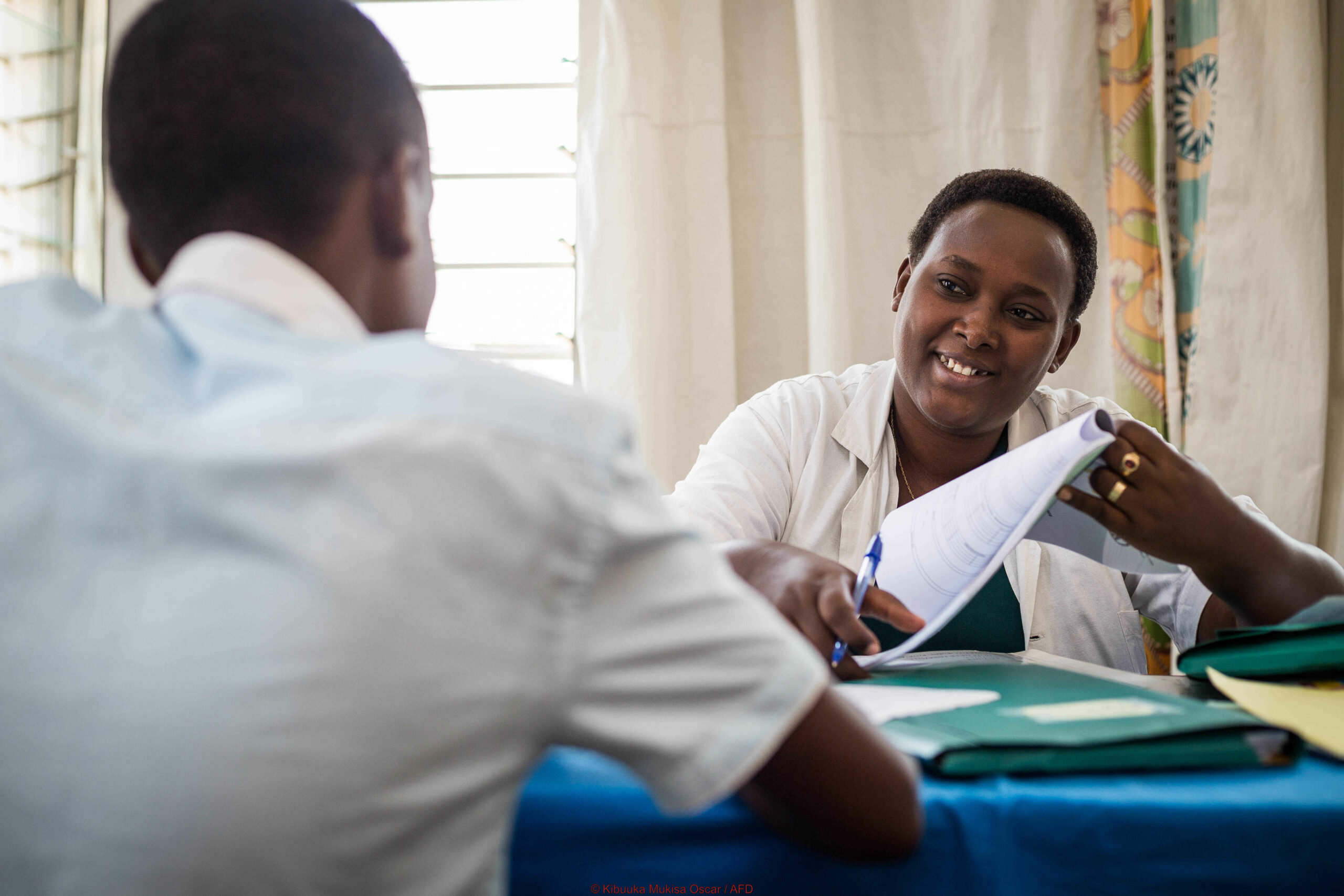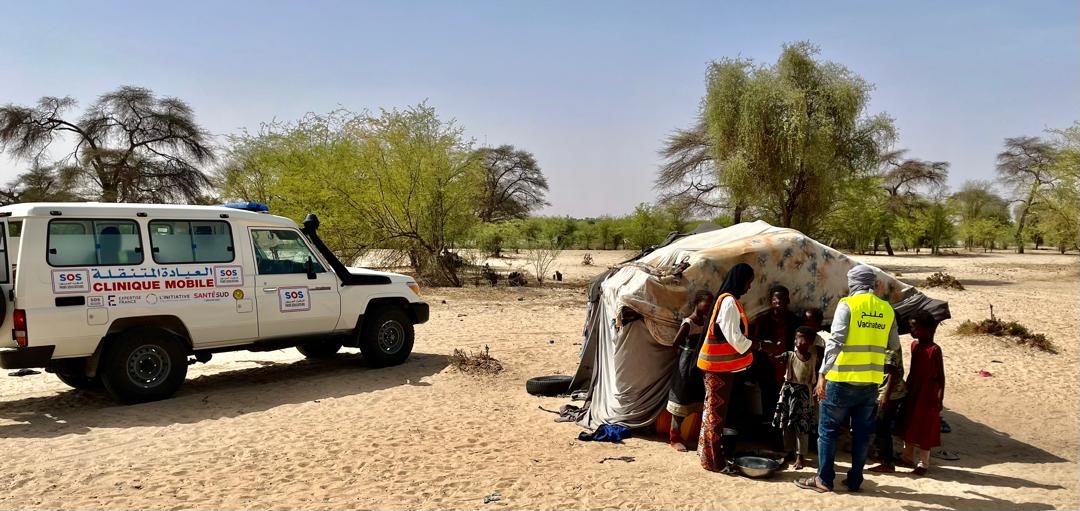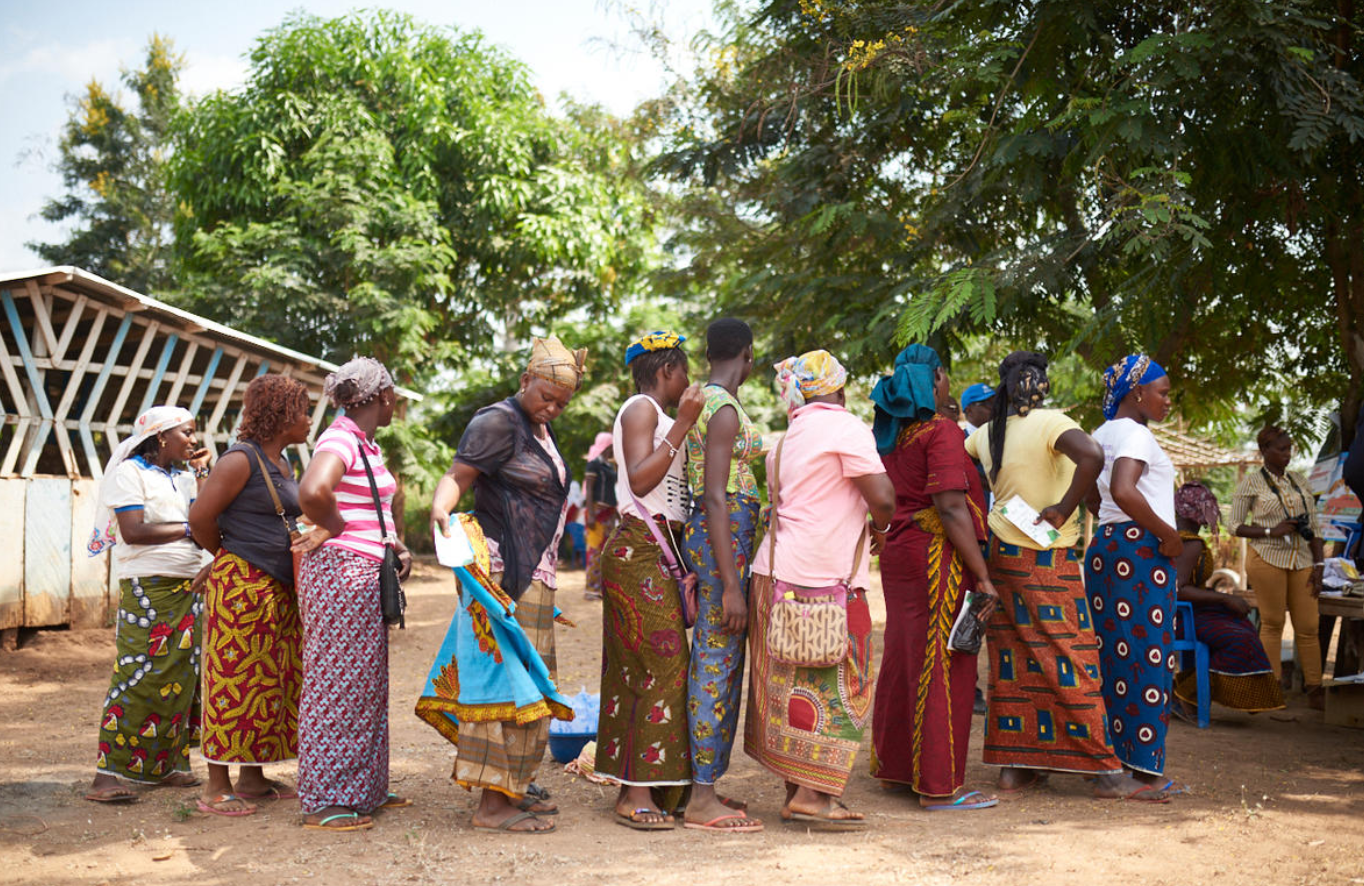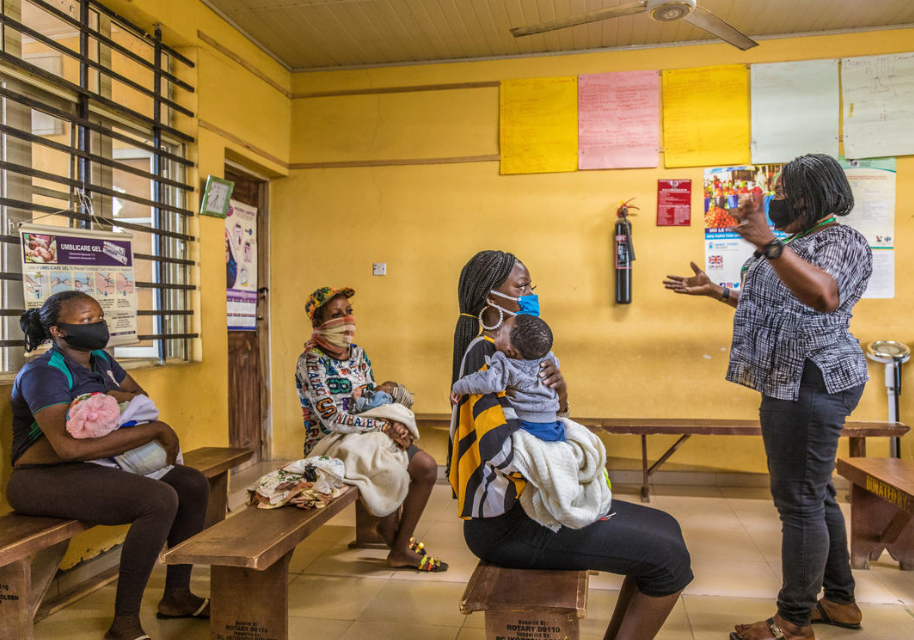Feedback on the south-south cooperation experience
One of the components of this assignment focused on implementing non-clinical testing on Nosy Be (“big island”). Initially, the Malagasy authorities were quite reluctant to put this testing mechanism in place. It is thanks to collaborative efforts by experts deployed by L’Initiative and community and institutional stakeholders that community testing was able to see the light of day. Now, it is integrated into national policy and rolled out in the Global Fund’s HIV grant for the next three years.
Let’s look back at the origins of this journey and the challenges encountered by looking at the points of view of three partners who played a key role in this process.
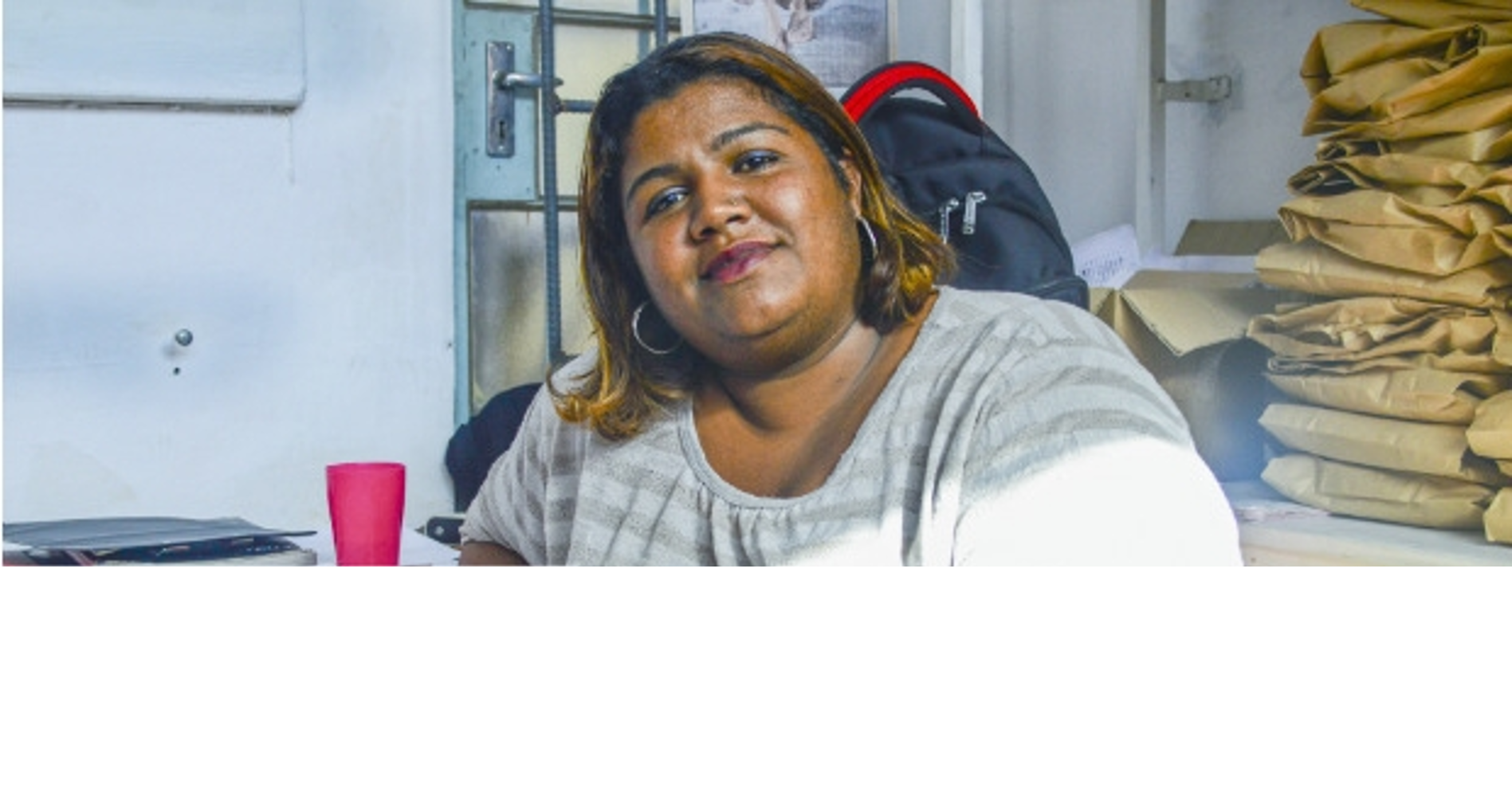
Adopting the community approach and training peers
Shameema Boyroo is a peer educator and founding member and head of the legal department at Parapli Rouz, a community organization that advocates for sex worker rights to be respected, for recognition of their status, and for the elimination of all forms of violence against them. She talks to L’Initiative about her involvement in the training workshop for TRODers (people carrying out rapid tests for diagnostic orientation to test for HIV) conducted in Madagascar in 2018.
For more information, read the article.
Without communities, we can’t move forward
Mélissa Antoine has been campaigning for many years in the response to HIV and AIDS in Mauritius. She has been an employee of PILS (Prévention Information et Lutte contre le sida) since 2013 and became coordinator of PFOI (plateforme Océan Indien de Coalition PLUS) at the end of 2018. She supported the entire community testing pilot phase in Madagascar and gave us PILS’s point of view on this experience.
For more information, read the article.
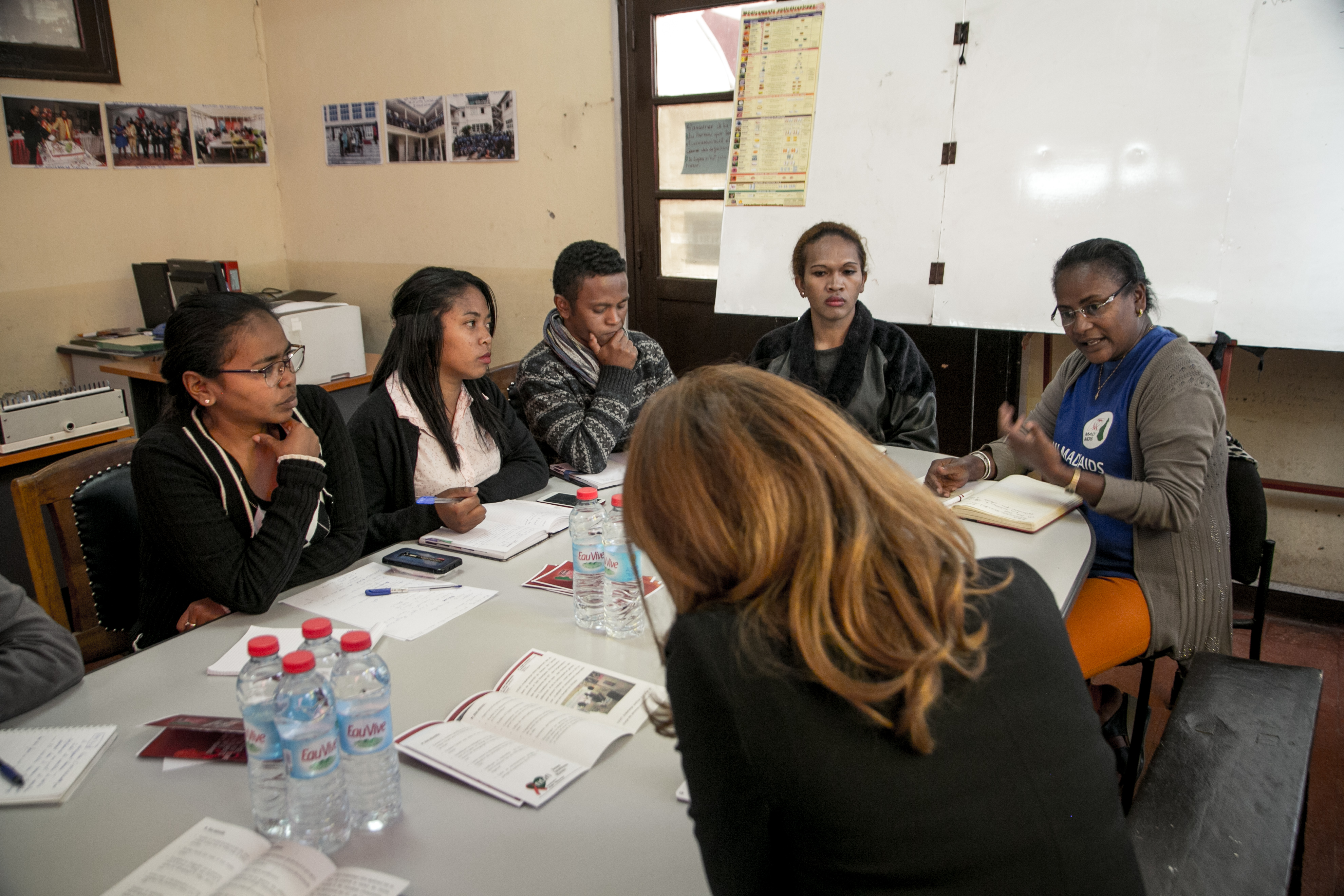
Providing resources to key population organizations
Charlotte Dézé has been Regional Health Advisor at the French Embassy in Antananarivo since 2017. She was involved in the process of setting up non-clinical testing in Madagascar.
For more information, read the article.
